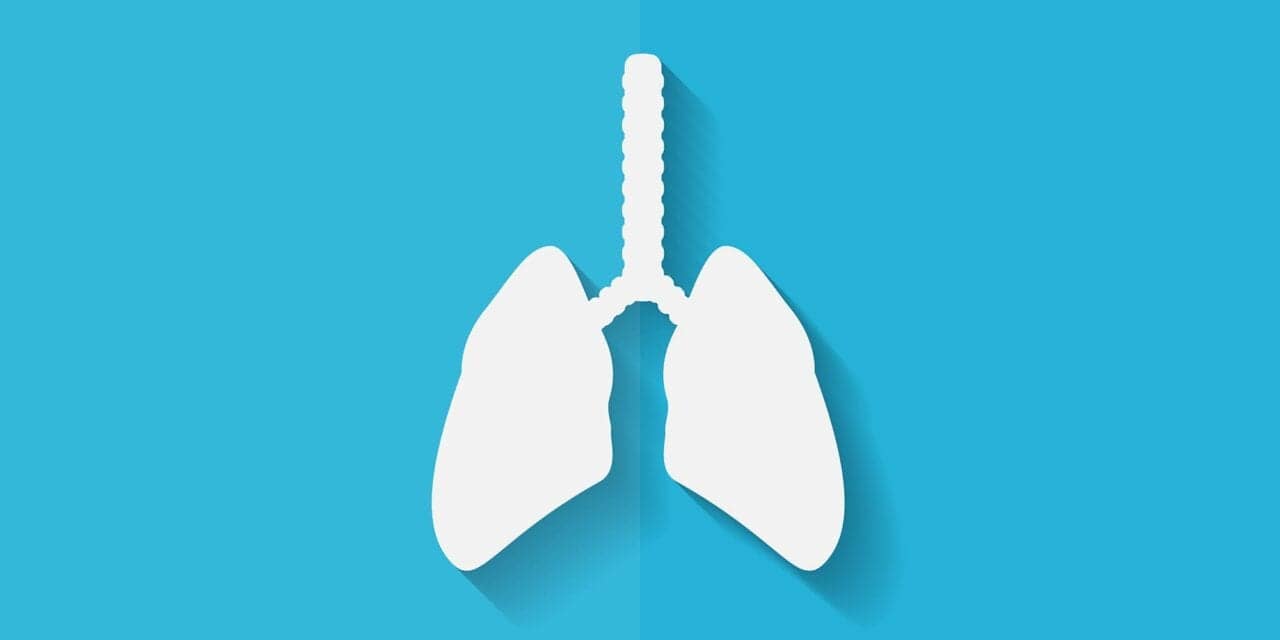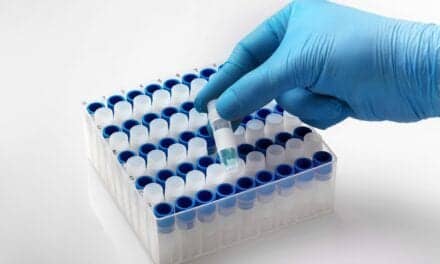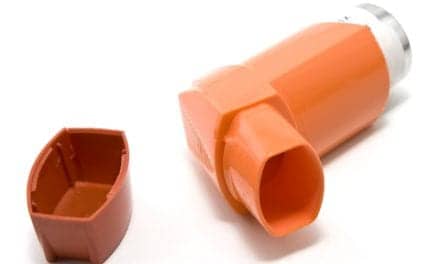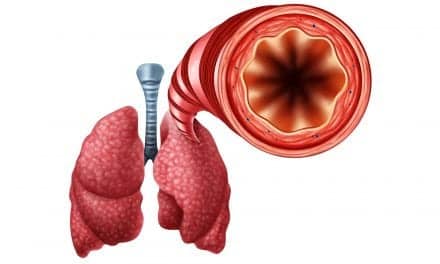The US FDA has approved Airsupra (albuterol and budesonide) inhalation aerosol for the as-needed treatment or prevention of bronchoconstriction and to reduce the risk of asthma attacks in patients with asthma 18 years of age and older.
Airsupra is a first-in-class, pressurized metered-dose inhaler (pMDI), fixed-dose combination rescue medication containing albuterol, a short-acting beta2-agonist (SABA), and budesonide, an anti-inflammatory inhaled corticosteroid (ICS) in the US. It is being developed by AstraZeneca and Avillion.
Additionally, Airsupra is the first product containing an ICS to be approved in the U.S. as a reliever treatment (rather than as a controller) for asthma. The treatment works to relax the muscles and reduce inflammation in the lung airways to reduce the risk of severe asthma attacks. Airsupra is given as two oral inhalations of a combination of albuterol 90 mcg and budesonide 80 mcg per inhalation (total dose albuterol 180 mcg and budesonide 160 mcg) as needed for asthma symptoms.
The efficacy of Airsupra to reduce the risk of severe asthma attacks was evaluated in patients with moderate to severe asthma in MANDALA (NCT03769090), a randomized, double-blind, multicenter study. Patients were randomized to Airsupra 180 mcg/ 160 mcg or albuterol 180 mcg and instructed to take as needed for asthma symptoms. MANDALA was a variable length exacerbation study during which patients received treatment for at least 24 weeks.
The primary efficacy endpoint was the time to first severe asthma attack (defined as worsening or onset of asthma symptoms that required systemic corticosteroids for at least three days or an emergency room visit that led to the use of systemic corticosteroids for at least three days or a hospitalization for at least 24 hours due to asthma).
In adult patients, treatment with Airsupra, compared with albuterol, demonstrated a 28% reduction in the risk of a severe asthma attack as assessed by the time to first severe asthma attack.
The most common side effects of Airsupra are headache, oral candidiasis, cough, and difficulty speaking. Patients with hypersensitivity to albuterol, budesonide, or to any of the additional ingredients should avoid Airsupra. Patients should take no more than six doses (12 inhalations) in a 24-hour period. Patients with cardiovascular disorders, convulsive disorders, hyperthyroidism, diabetes mellitus, and ketoacidosis effects should use with caution.
Bradley E. Chipps, Past President of the American College of Allergy, Asthma & Immunology and Medical Director of Capital Allergy & Respiratory Disease Center in Sacramento, US, said: “People with asthma are at risk of severe exacerbations regardless of their disease severity or level of control. Current albuterol rescue inhalers alleviate acute symptoms, but do not treat the underlying inflammation in asthma. The approval of AIRSUPRA means that for the first time, adults with asthma in the US have a rescue treatment to manage both their symptoms and the inflammatory nature of their disease.”
Mene Pangalos, Executive Vice President, BioPharmaceuticals R&D, AstraZeneca, said: “With patients experiencing more than 10 million asthma exacerbations each year in the US and uncontrolled asthma expected to cost the US economy billions of dollars in direct medical costs alone over the next 20 years, today’s positive decision is good news for those adults with asthma who make up more than 80% of asthma patients in the US. Physicians will be able to offer their patients Airsupra, an important new rescue treatment that reduces the risk of asthma exacerbations.”
Additional information is available at the FDA website.










